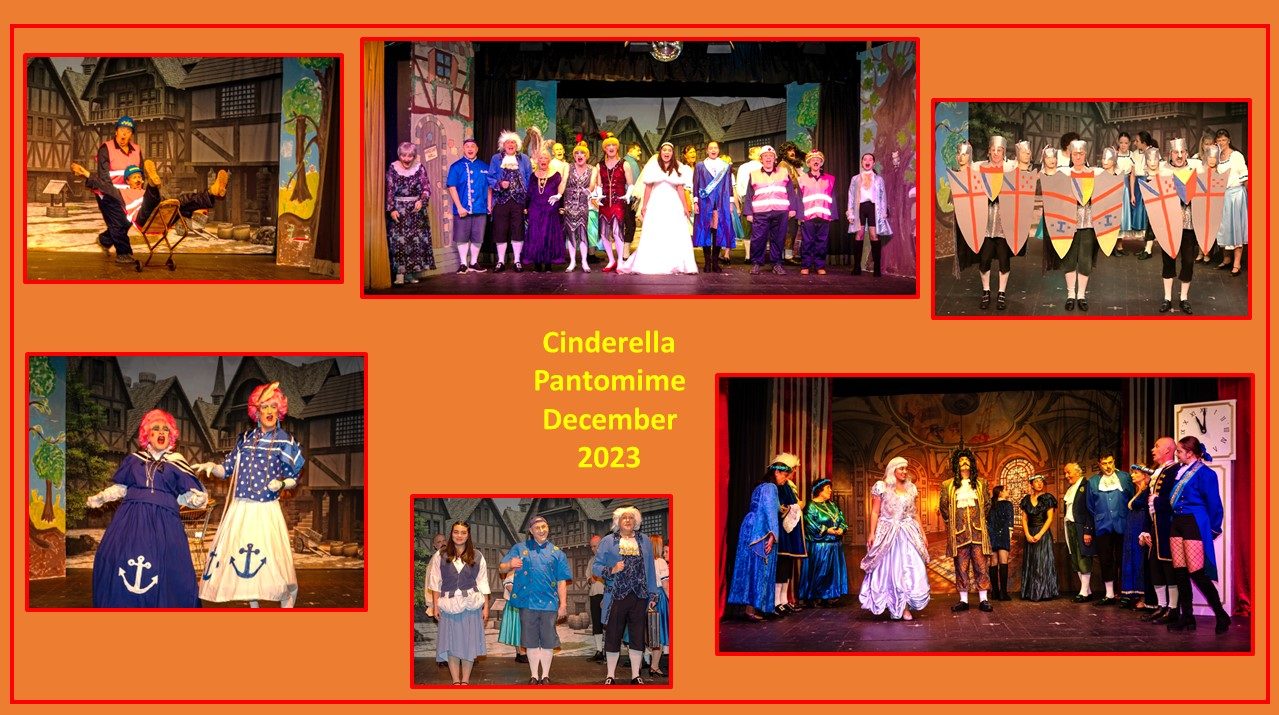Set in 1569, Beth Flintoff’s fascinating play focuses on the story of three of the most powerful women of the day – Elizabeth I, Queen of England, her cousin Mary, Queen of Scots, and Beth of Hardwicke, once the richest woman in England, and the person chosen by Elizabeth to play host or jailor to Mary – as told by Rose, the glove thief of the title, who finds herself used by Beth to spy on Mary.
Slyly subverting historical narratives and representatives of gender, and with many modern resonances, the play presents these characters as strong women well able to succeed in the male dominated world of power and politics. Indeed, these are women who can turn the feminine and seemingly harmless pastime of embroidery into a dangerous and subversive act.
The stark black set, with its brick panels and depictions of the signatures of the two queens (based on examples found in historical documents) created the perfect backdrop for the action. It helped enhance the sense of intrigue that was part of the narrative thread of the story. It also focused attention on the characters and dialogue, an excellent decision given that both were so worthy of attention.
The direction was tight, choreographing the action very well and drawing out the subtleties of the narrative to its full degree. Despite many scene changes, the production kept its pace and momentum, carefully building the sense of intrigue as the story unfolded.
There was a good use of lighting and the costumes, although not slavish in trying to recreate the period, worked wonderfully in their depictions of the various characters.
The production was favoured by a strong cast of young players who continue to develop and grow with each show and all gave good performances. Eloise Green was particularly affecting as the pragmatic yet slightly haunted Beth of Hardwicke, while Jasmine Mould was in impressive form as a fittingly regal Elizabeth I. Isabelle Whitcher showed why Mary was considered so charming and charismatic. Georgie Burton finely illustrated the subtleties and dangerous qualities of the spymaster Lord Walsingham. The cast managed the complexities and nuances of what was a fairly wordy script with great confidence, although perhaps there could have been a degree greater projection of voices at certain points, particularly amongst the narrators in the final scene when they were speaking over music.
Overall an interesting piece of theatre, performed with skill and commitment.
Karen Robson

